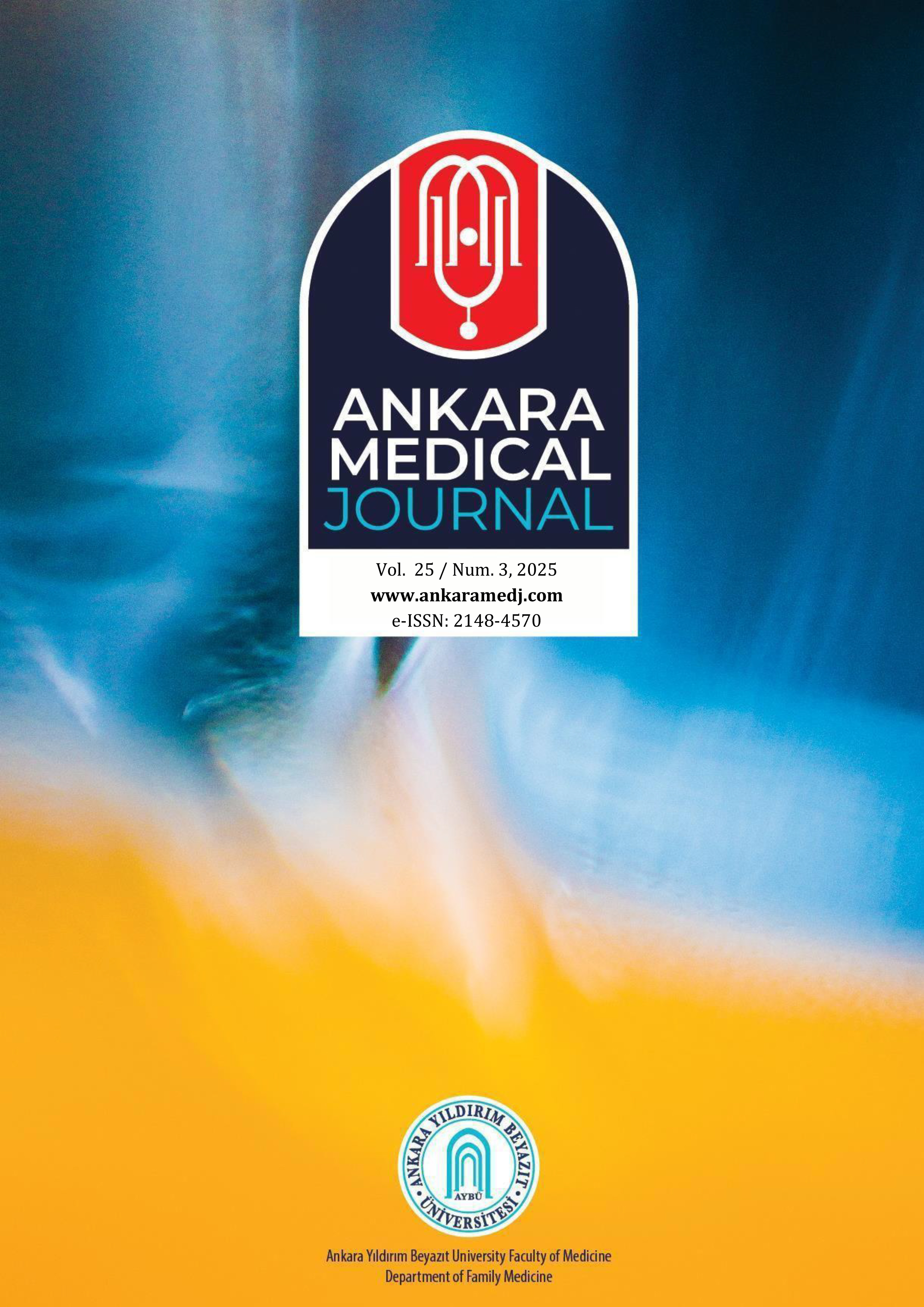Predictors of Self-Perceptions of Aging and Health Among Older Adults in Türkiye: The Role of Critical Health Literacy, Perceived Usefulness of ICT and Sociodemographic Factors
Yaşar Şekerci, Gaye Aslı Sancar DemrenDepartment of Public Relations, Faculty of Communication, Galatasaray University, İstanbul, TürkiyeINTRODUCTION: This cross-sectional study examines factors shaping Turkish older adults' self-perceptions of aging and health (SPAH), emphasizing sociodemographic characteristics, critical health literacy, and perceived usefulness of information and communication technologies (ICTs).
METHODS: Drawing on data from 450 participants aged 65 and over in Istanbul, this cross-sectional research employs a range of quantitative methods, including descriptive and comparative analyses, cross-tabulations, correlations, and path modeling.
RESULTS: Covariance analyses reveal a positive and significant relationship between perceptions of aging and health (B=12.143>0, p<0.001). The study's central contribution lies in uncovering a potential cognitive link between perceptions of aging and health. Path analysis also indicates that the perceived usefulness of ICTs influences critical health literacy (B=0.368, p<0.001), which in turn affects health perceptions (B=0.194, p<0.001). These results suggest that increasing the perceived usefulness of ICTs and critical health literacy can foster moderately more positive perceptions of aging and health. Another key result highlights that socio-demographically disadvantaged older people, particularly women, widows, and those with lower education and income levels, tend to report more negative perceptions of aging and health, along with lower ICT usefulness and critical health literacy.
DISCUSSION AND CONCLUSION: The findings underline how cumulative social disadvantages shape older adults’ aging and health perceptions. By integrating individual-level cognitive factors with broader social determinants, this study addresses a significant gap in the Turkish context. Future research should track these perceptions over time to contribute to developing comprehensive health policies.
Keywords: Health communication, aging perception, critical health literacy, health perception, older people, sociodemographic factors
Makale Dili: İngilizce
(511 kere indirildi)





